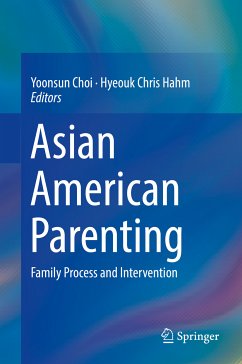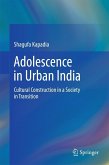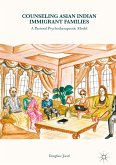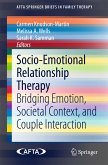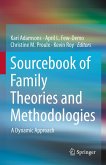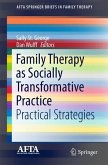Among the featured topics:
- Rising challenges and opportunitiesof uncertain times for Asian American families.
- A critical race perspective on an empirical review of Asian American parental racial-ethnic socialization.
- Socioeconomic status and child/youth outcomes in Asian American families.
- Daily associations between adolescents' race-related experiences and family processes.
- Understanding and addressing parent-adolescent conflict in Asian American families.
- Behind the disempowering parenting: expanding the framework to understand Asian-American women's self-harm and suicidality.
Asian American Parenting is vital reading for social workers, mental health professionals, and practitioners working family therapy cases who seek specific, practice-oriented case examples and resources for empowering interventions with Asian American parents and families.
Dieser Download kann aus rechtlichen Gründen nur mit Rechnungsadresse in A, B, BG, CY, CZ, D, DK, EW, E, FIN, F, GR, HR, H, IRL, I, LT, L, LR, M, NL, PL, P, R, S, SLO, SK ausgeliefert werden.
Hinweis: Dieser Artikel kann nur an eine deutsche Lieferadresse ausgeliefert werden.

